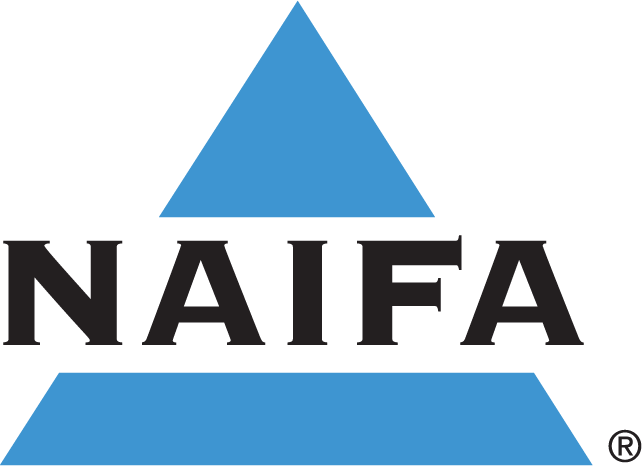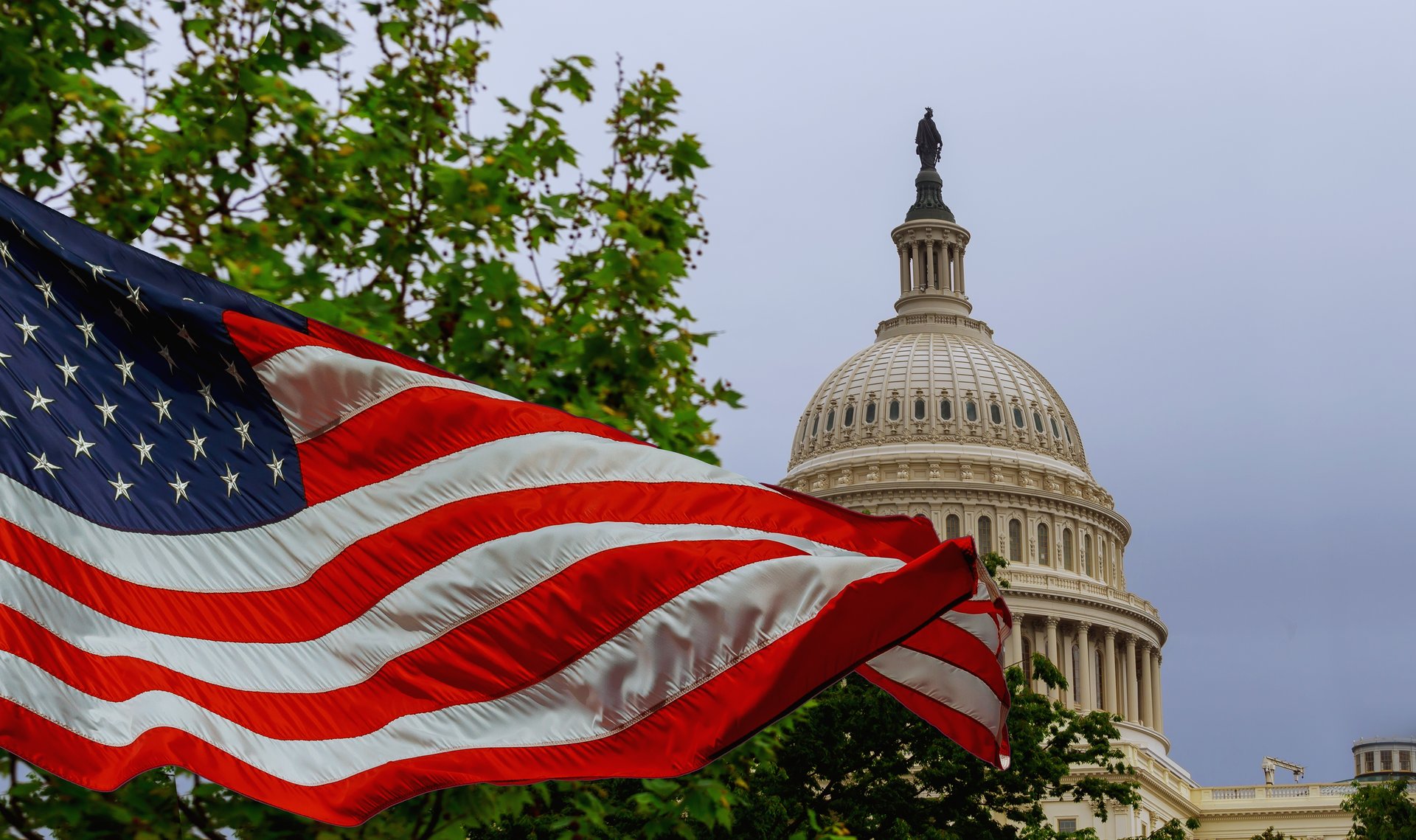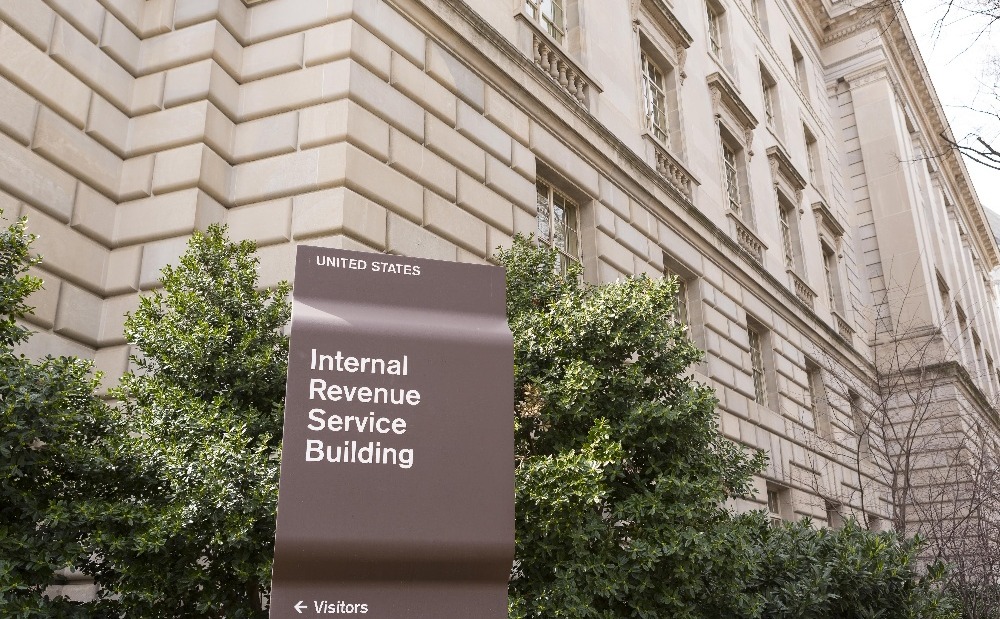Retirement planners can breathe a sigh of relief.
The IRS has delayed implementing a provision of the SECURE 2.0 legislation that would require retirement plan catch-up contributions by high-income earners to be made as after-tax Roth-style contributions rather than pretax contributions. The legislative language states that the change is effective after 2023, which would have presented unworkable communications, record-keeping, and implementation challenges to plan sponsors and participants as well as advisors. Prior to this fix, some plan sponsors had said they would likely have to eliminate the ability of employees to make catch-up contributions.
NAIFA had strongly urged the IRS and Congress to delay the effective date as well as correct a technical glitch that could have eliminated catch-up contributions entirely. Congressional leaders sent a letter to IRS and Treasury Department officials on SECURE 2.0 technical corrections at the same time NAIFA members were meeting with their lawmakers on Capitol Hill during NAIFA’s annual Congressional Conference. In addition, NAIFA directly urged the Treasury Department and IRS to defer the effective date of the Roth catch-up contribution provision along with our industry colleagues.
“NAIFA is very pleased to see that the IRS has moved quickly and decisively to address this problem,” said NAIFA Senior Vice President for Government Relations Diane Boyle. “Thank you to the Congressional leaders, including Representatives Jason Smith (R-MO) Richard Neal (D-MA) and Senators Ron Wyden (D-OR) and Mike Crapo (R-ID), who flagged the issue and encouraged the agency to take action. This new guidance provides a much-needed transition period to ensure that advisors and plan sponsors can get the proper systems in place and ensure that retirement savers understand how they will be impacted by the change.”
The IRS guidance postpones the Roth contribution requirement until 2026, giving advisors, plan sponsors, and retirement savers more time and greater flexibility.







